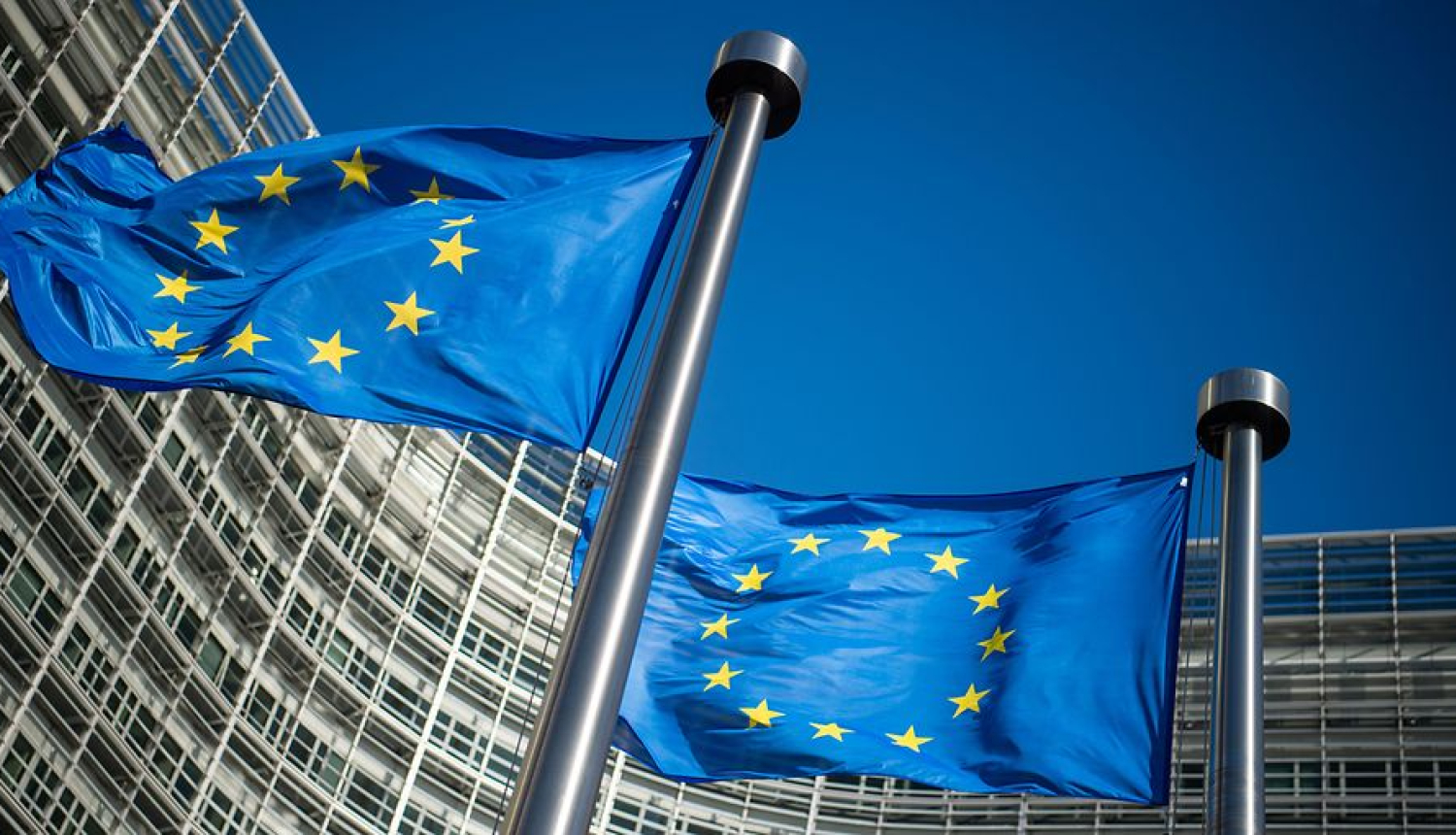In strengthening the internal security of the European Union (EU) Member States, it is important not only to use existing instruments, but also to make the most efficient use of opportunities created by modern technologies, while ensuring adequate protection of fundamental rights, said Mr. Sandis Ģirģens, Latvian Minister for the Interior, at the informal videoconference meeting of the EU Council of Ministers for the Interior on Monday, December 14.
"Over the next five years, the main focus will be on more effective practical implementation of existing instruments. At the same time, better use of modern technologies would make a significant contribution to strengthening the internal security of the EU member states,” said Mr. Ģirģens.
In an informal videoconference, EU home affairs ministers discussed about the EU internal security and the European Police Partnership, the implementation of the interoperability of EU large-scale security, border and migration information systems, the Pact on Migration and Asylum, and cooperation with partners on more strategic readmission and migration management.
In connection with the internal security, in Latvia's view over the next five years, special attention should be paid to strengthening cross-border law enforcement cooperation, making better use of modern technology, including artificial intelligence, for law enforcement purposes, simultaneously ensuring appropriate observance of the fundamental rights.
It is also important in the future to work on the technical and substantive implementation of the new EU Justice and Home Affairs information architecture, as well as the strengthening of Europol's mandate, which would allow Europol to provide greater, more operational and innovative support to Member States in cross-border investigations.
At the same time, close cooperation between Member States and with EU Justice and Home Affairs agencies, as well as the timely exchange of quality information between them, is essential. A significant condition for the use of both existing and new opportunities is the training of employees.
In recent years, the EU has made significant progress on internal security. A strong legal framework for combating terrorism and information exchange has been established. The information architecture for justice and home affairs has been substantially improved, including an agreement on the development of interoperability between the EU's large-scale security, border and migration information systems.
Prepared by:
Alice Snegireva
Adviser to the Minister for the Interior
Communication issues
Tel: 28389017
E-mail: alise.snegireva@iem.gov.lv



